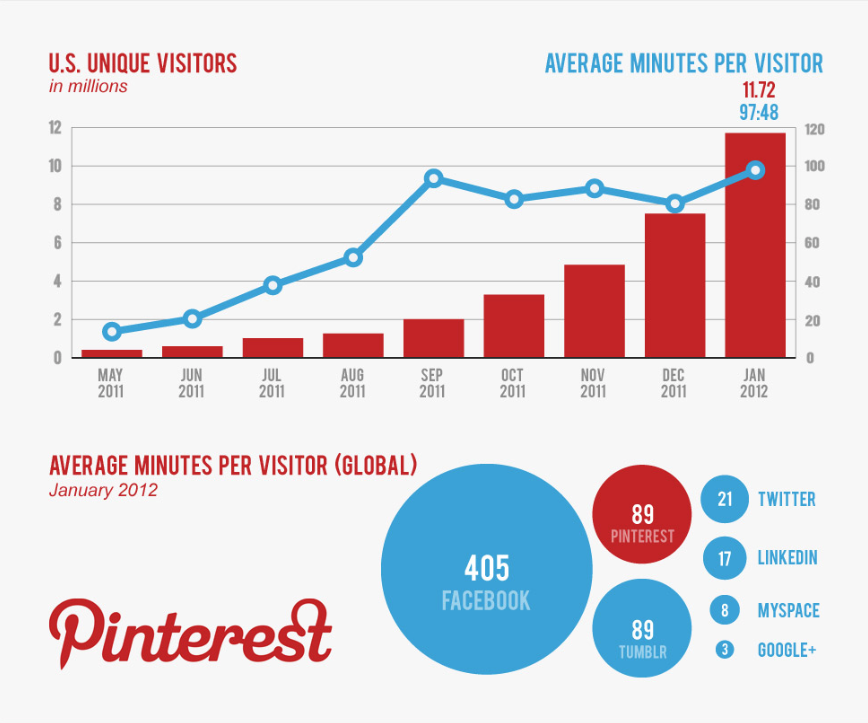Good advertising takes time, effort, and attention to detail. The same can also be said for an effective ethnography.
Special to Hudson Valley Public Relations by Vinny Sceri, Intern Marist College

Have you ever wanted to get into the mind of an entire culture, demographic, or population? Probably not, but that’s exactly what good advertisers do when they conduct an ethnography. Ethnographic research studies human races and cultures by tracking behaviors and psychographics. There are multiple ways ethnographies can be conducted. Savvy advertising agencies understand the power of market research and conduct ethnographic studies all the time.
Ethnographers generate understandings of culture through representation of what we call an emic perspective, or how people think, behave and act. Their rules for behavior, what has meaning for them, and how they imagine and explain things. This approach identifies personas and values from the ethnographic encounter.
By contrast, the etic approach realizes that members of a culture often are too involved in what they are doing to interpret their cultures impartially. The ethnographer emphasizes what he or she considers important, when using the epic approach.
An ethnographic understanding is developed through close exploration of several sources of data. Using these data sources as a foundation, the ethnographer relies on a cultural frame of analysis.
Online Ethnography It is important to really listen closely when conducting an online ethnography because information is shared rapidly. Brands and marketers can identify the various psychographics and behavioral aspects of people within particular communities just by listening closely online. You can observe things on Twitter for example. Things such as how communities communicate with each other on Twitter.
Listening and not listening online can have a large impact on any company.
Case Study: Ragu`
A good example of how not listening can have a negative impact comes from the company Ragu`. In September 2011, Ragu` distributed a video that asked “What is dinner time like when Dad cooks?” They promoted it to “Daddy bloggers” using Twitter.
Unfortunately one particularly savvy Twitter user noticed that Ragu` was sending the same tweet to many other users as well. The message of the tweets and videos they were sending out were portraying the complete opposite feelings of the audience. The campaign obviously did not understand the groups psychographic profile. A simple ethnography and close listening could have saved the company a lot of stress and may of actually been beneficial.
Ethnographic Research Social media is extremely vital to this new age of marketing. An ethnography can be conducted everyday with social media. In this past advertisers would paint their audiences into quite broad groups because they did not have the technologies like today. With social media the most specific groups and personas can be defined and used to anyones advantage. This process is called “micro-segmentation”.
Microsegmentation is a type of ethnography. It is the identification of all types of segmentation such as demographics, psychographics, environmental, and behavioral. You may not use all of these but being able to identify them can become an invaluable tool.
Being able to identify the correct segments and groups is half the battle when marketing and an ethnography is a great tool to help accomplish this task. Just remember, do your research before your put something out there or you might face the same fate as the Ragu` company.
For more information on ethnographies visit our website at www.hudsonvalleymedia.com or give us a call at 845.202.7087.
Sources
Dragon, R. (2012). Social marketology: Improve your social media processes and get customers to stay forever. New York: McGraw-Hill.
(n.d.). Retrieved June 18, 2015, from http://www.merriam-webster.com/dictionary/ethnography
Singer, A. (2011, September 29). Digital Marketing And Social Media PR – The Future Buzz. Retrieved June 18, 2015, from http://thefuturebuzz.com/2011/09/29/ragu-pasta-sauce-social-media/









